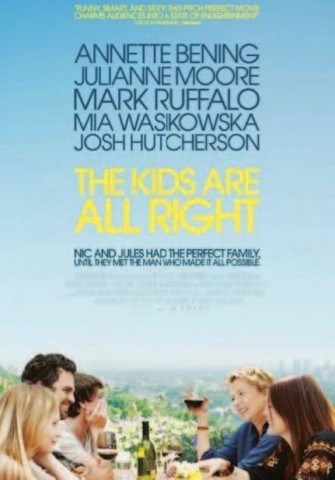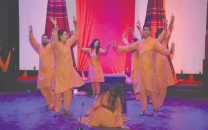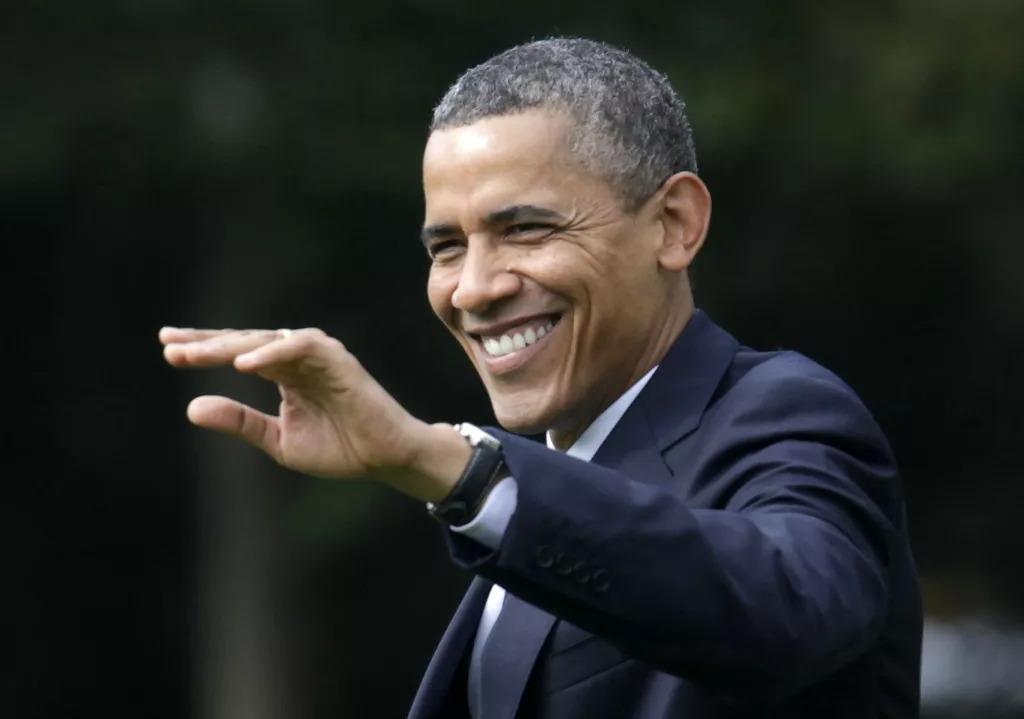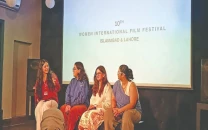The film’s alright
The drama-comedy The Kids Are All Right had passed me by until I was berated by a friend for not having seen it.

The film’s alright
TKAA is a peculiar little film, made apparently as an attempt to check off all the right boxes to make the liberals happy, starting with casting the politically engaged Annette Bening. Nic (Bening) and Jules (Moore) form an upper middle class suburban couple raising two children, Joni (Mia Wasikowska) and Laser (Josh Hutcherson). Bening is a doctor and sturdy supporter, with Moore taking on the role of flaky other half who has rolled through many careers, the current one being landscaper. On Joni’s eighteenth birthday, at Laser’s insistence, she sets out to find the sperm donor who impregnated each of the “Moms.” Enter Paul (Mark Ruffalo), the free-wheeling, organic-eating restaurateur. Though Paul had all but forgotten about his donation he is nonetheless delighted to meet the end result. Soon enough, all five find themselves enmeshed in each other’s lives, with the ensuing shenanigans forming the meat of this film.
High Art, Cholodenko’s last venture, was a brave and thrilling piece of cinema revolving around lesbians in the world of drug-addled artists. Her views and means of expressing alternative sexuality in a suburban setting, however, is considerably less satisfying. Cholodenko toes the line so very carefully in this work, careful to not offend, to not challenge, to not just flat out say it, and her restraint doesn’t suit comedy. Jules and Nic’s marriage is staid and boring, while Paul appears to be living it up in a singledom punctuated with fun-filled and frequent sexual encounters. About the only scene in which Cholodenko musters up some courage regards the role of pornography, with very amusing results. To flat out indict the institution of marriage, same-sex or otherwise, for a carefree existence consisting of a sexual buffet would at least have been something — a statement, a philosophy. But no. As is the unspoken Hollywood rule, single people are emotionally unfulfilled and can only be made complete with a family, picket fence et al. For all its liberal pretences, the narrative takes one down an oft-trodden, tediously conservative path. In your average rom-com, this would be unsurprising, given that this films posits itself as alternative, the result is closer to hypocritical.
What carries TKAA through are the performances, which are truly memorable and only to be expected from the stellar cast it brings together. Moore, Bening and Ruffalo do not put one foot wrong. All three are nuanced, underrated, superb performers and despite the director’s timid moral hypocrisy, the script provides them enough material to really rip into it, making other A-listers seem really rather shabby in comparison. My recommendation is to watch this film not for the story, nor for the expectation of humour, but as an acting masterclass. Otherwise, it’s just alright.
Published in The Express Tribune, September 19th, 2010.


















COMMENTS
Comments are moderated and generally will be posted if they are on-topic and not abusive.
For more information, please see our Comments FAQ